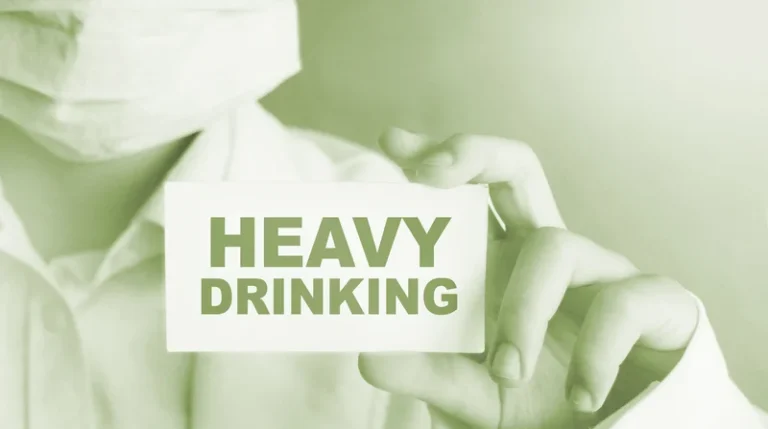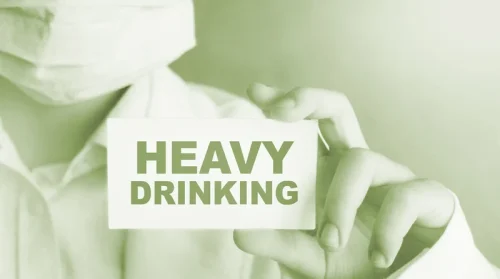
When individuals with PTSD are faced with triggers or reminders of their traumatic experiences, they may instinctively dissociate as a way to cope with overwhelming emotions and memories. This dissociation can serve as a protective mechanism, allowing the mind to temporarily disconnect from the distressing reality of reliving the trauma. Are the neural substrates of memory the final common pathway in posttraumatic stress disorder (PTSD)? In conclusion, while PTSD can cast a shadow over one’s memories and cognitive function, it’s important to remember that healing and improvement are possible. With the right support, treatment, and understanding, individuals with PTSD can work towards reclaiming their narratives and building a more integrated sense of self and memory. While PTSD itself can significantly impact memory, a related condition known as Complex PTSD (C-PTSD) can have even more profound effects on an individual’s ability to recall and process memories.
- While there is overlap between complex PTSD and BPD, the two conditions have differences.
- People living with complex PTSD can seek support from organizations that understand the condition.
- It may also lead to a sense of distance or detachment in relationships since the affected individual may fail to recall important events or connect emotionally with others.
Complex PTSD and Dissociation

The particular situation that triggers a person can be random and varies depending on their specific trauma history. A person can be triggered by situations, images, smells, conversations with others, and more. People who have PTSD or complex PTSD can react to different life situations as if they are reliving their trauma. In most regions of the U.S., the prevalence of ACEs is highest among Black non-Hispanic children. Overall, the lifetime prevalence rate of PTSD among Black people is higher than that of other groups. Predominantly characterized by avoidance and difficulties in maintaining close relationships due to fear.
Understanding Complex PTSD
They point to studies demonstrating the ease with which false memories can be implanted through suggestion or leading questions, raising concerns about the reliability of recovered memories in therapeutic Halfway house settings. Angela is a licensed therapist and clinical researcher, and has worked in public, private, government, and not-for-profit organizations, across clinical and research-oriented roles. Angela’s clinical and research experience has included suicide prevention, cognitive behavioral… Read more. Abby Doty graduated from Hamline University in 2021 with a Bachelor’s in English and Psychology.
Popular Health Centers
If you would like some extra support with complex PTSD dissociation and are looking for a psychotherapist, please contact me for a free 30-minute consultation to learn about how I can be of service. For the most part, understand that when the brain protects you through this method of dissociation, it may not be readily apparent to you. Work with a therapist will be necessary to help you understand what is happening. Think of this experience as a significant feeling of detachment from your body. Some people even feel completely alienated from it, unable to recognize their own hands or face. In fact, it is common for dissociation to create disturbances in awareness, personal identity, perception, and recall or memory.
However, I know in my heart because of my experiences, that the clouds will part, and the sun will shine again in my life. I still have days when I do not feel well, and sometimes I wonder “why me” and feel the effects of the disorder. Once you have these lessons under your belt, events such as life changes, struggles, and death take on a new perspective, as they are just parts of life that all humans share. Although co-occurring problems may exist, it is vital for your trauma-informed therapist to help you understand they will get better as you work through what happened in your past. Drama therapy is done in a group of people with whom you have been in group therapy before and have acquired trust. The therapist will ask you to relate a scenario you have been working on in private therapy and to choose people from the group to represent the other people involved.

Complex Posttraumatic Stress Disorder
C-PTSD is believed to be caused by severe, repetitive abuse over a long period of time. The abuse often occurs at vulnerable times in a person’s life—such as early childhood or adolescence—and can create lifelong challenges. Unlike PTSD, which can develop regardless of what age you are when the trauma occurred, C-PTSD is typically the result of childhood trauma. With help, you can move ahead, freer and lighter, without leaving parts of yourself in the dark.
It is possible for a person with BPD to also experience complex PTSD, and the combination may result in additional symptoms. Differentiate between C-PTSD and borderline personality disorder (BPD) symptoms and clinical presentation. Someone with grief PTSD will require different counseling solutions than someone with combat PTSD. Your counselor will work with you to find solutions for your situation and lifestyle. While the impact of PTSD on memory can be significant, there are various approaches to managing and treating these issues. A comprehensive treatment plan typically involves a combination of therapeutic interventions, medication, and lifestyle changes.

Emotional Blackouts
- However, those with complex PTSD may sometimes have difficulty completing daily tasks and activities.
- One of the symptoms of PTSD is physical, emotional, mental, or time based blackouts.
- In addition to asking your primary care physician for a referral, there are many online resources that can help you find mental health providers in your area who treat PTSD.
- Unfortunately, this need to rescue or be rescued often leads to situations where the survivor lives in unhealthy relationships where they are not safe.
- However, we often overreact or do not respond appropriately when faced with problems in our adult lives.
- “Psychotherapy for C-PTSD and PTSD focuses on somatic modalities to help people process traumatic experiences and teach people tools to manage symptoms,” explains Renteria.
There is even sometimes guilt because they could not help a sibling or other family member, or friend escape the trauma they were caught up in together. This description isn’t to say that survivors feel they are special than other people, but rather that they feel they don’t fit into any crowd. The loneliness that these feelings of detachment from other people bring is palpable.
Post-traumatic stress disorder (PTSD) and complex post-traumatic stress disorder (CPTSD) are both mental health disorders resulting from a traumatic event. Events that can lead to PTSD and CPTSD are a perceived or real threat of violence, death or injury. While PTSD and CPTSD share many similar criteria for diagnosis, specific symptoms separate the two. Post-traumatic stress disorder (PTSD) is a widely known mental health diagnosis that people are generally familiar with and its symptoms. What people do not know is another PTSD diagnosis, known as complex PTSD, results from long-term trauma and is generally experienced during childhood. To receive the best care for PTSD or CPTSD, it is important to know https://ecosoberhouse.com/ the differences in the two diagnoses.
PTSD Relapse: Recognizing Symptoms and Strategies for Recovery
Many skills can be learned to cope with childhood trauma, and a trauma-informed therapist will work with you to use them. This form of treatment involves the therapist attempting to help their client identify and change inaccurate thinking patterns which can lead to behaviors that are harmful or ineffective. It would seem the amygdalae of survivors, because of being exposed to repeated trauma in the past, works overtime to seek out any situation it sees as something to run from. If a survivor manages to find a relationship, often they self-sabotage the burgeoning romance before it has a chance to get started. This is because many of those who live with the effects of CPTSD ptsd alcohol blackout swing one of two ways; they cling onto their potential mate for dear life, or they push people who care for them away. However, those with complex PTSD may sometimes have difficulty completing daily tasks and activities.






